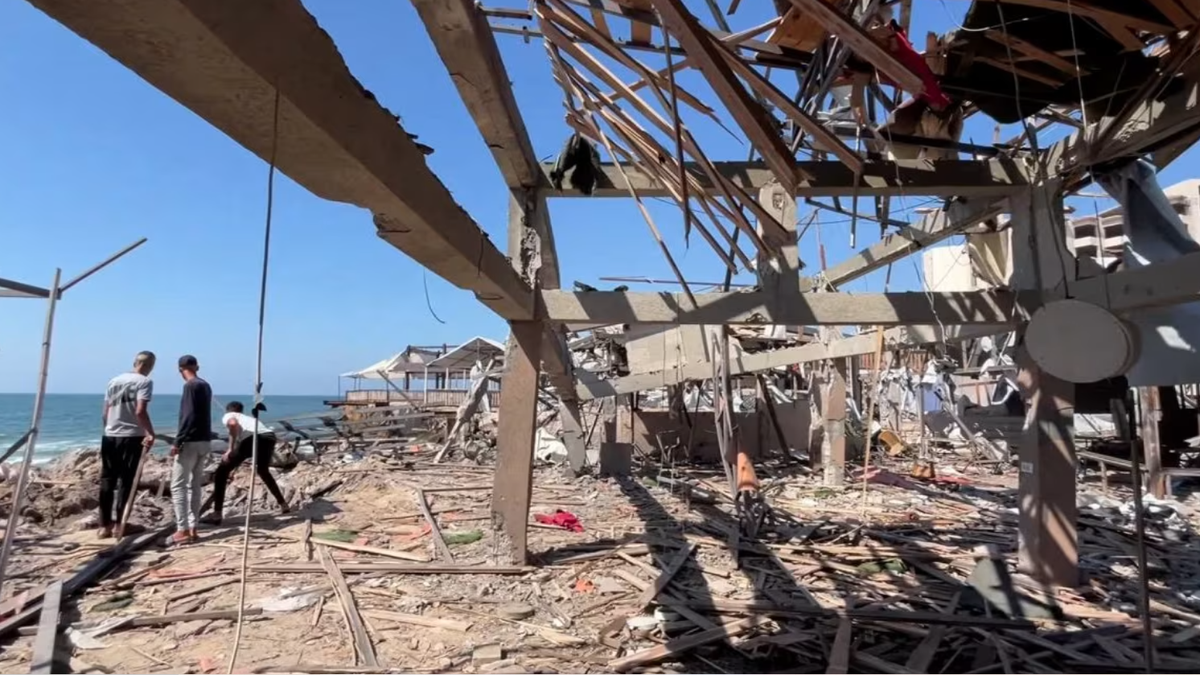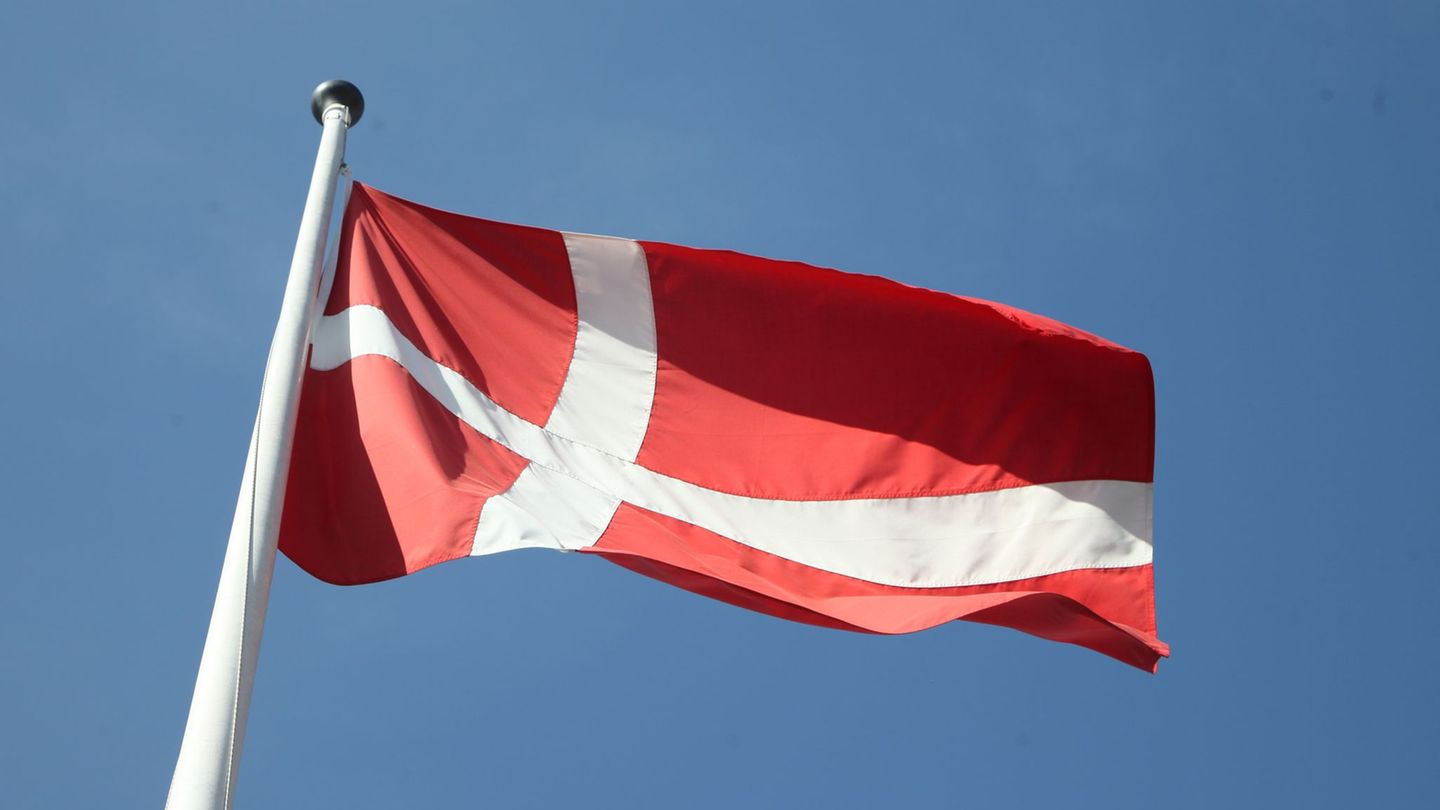Former Wirecard manager Jan Marsalek is believed to have gone into hiding in Russia after the scandal surrounding the financial services provider was uncovered. British investigators now suspect him of being part of a Russian espionage network.
It sounds like a spy thriller from the Cold War era: According to British investigators, the ex-manager Jan Marsalek, wanted because of the Wirecard scandal, was said to have been a contact for a Russian spy network in Great Britain. The aim of the operation was, among other things, to shadow and possibly even kidnap people. This emerges from a statement from the British public prosecutor’s office CPS (Crown Prosecution Service) on Tuesday.
According to this, Marsalek is said to have played a central role as a mediator between Moscow and a group of Bulgarians from the summer of 2020 – shortly after his escape from Germany – who have to answer in court in London as suspected Russian spies. A first hearing took place on Tuesday at Westminster Crown Court in London. The two women and three men who were arrested in February all deny the allegations. According to the public prosecutor, Marsalek is also part of the espionage conspiracy that they are accused of.
A request from the German Press Agency to Marsalek’s lawyer asking for a statement on the allegations initially went unanswered. The news magazine “Der Spiegel” had previously reported on the allegations.
Marsalek is said to have given orders to the spy cell
Marsalek was previously the head of sales at the financial services provider Wirecard, has been in hiding since the summer of 2020 and is believed to be in Russia. He is considered the main suspect in the Wirecard scandal – the largest fraud case in the history of the Federal Republic.
As the CPS statement shows, Marsalek is said to have given orders to the leader of the alleged spy cell in Great Britain, Orlin R. He is said to have delegated the tasks to the other suspected members of the spy cell. All five defendants were paid for their work, the CPS statement said.
The investigators evaluated chats from the short message service Telegram between Marsalek and R. This is said to have involved, among other things, the procurement of military equipment for Russia, the provision of espionage tools such as digital devices, software and hacker manuals, the interception of communications and the shadowing of people unpleasant to Moscow.
A large part of the espionage activity is said to have taken place outside Great Britain. In addition to shadowing people, Marsalek is also said to have given orders to scout out locations relevant to Russia, such as a NATO base in Germany. The Kazakh embassy in London is also said to have been the target of spying.
At the start of the process
The who’s who in the Wirecard scandal: who is in the dock and who is investigating
1.9 billion euros cannot be found
Among other things, the investigators evaluated witness statements from people who were the target of the alleged surveillance. During searches in connection with the case, a large number of forged passports from various European countries were seized, among other things. Several of the defendants therefore also have to answer for document falsification. “Advanced electronic surveillance equipment” was also found.
At Wirecard, Marsalek was responsible for business with so-called third-party partner companies – external payment service providers that processed or are said to have processed credit card payments on Wirecard’s behalf, primarily in Asia.
In the summer of 2020, the then DAX group collapsed because 1.9 billion euros of alleged proceeds from this third-party business could not be found. Marsalek dropped out shortly before filing for bankruptcy.
The criminal trial against former Wirecard boss Markus Braun and two other former corporate managers for alleged billion-dollar fraud has been ongoing in Munich since December last year. Braun, who has been in custody for over three years, has repeatedly rejected the allegations and, for his part, blames a gang of criminals in the company for the scandal – with Marsalek playing a key role.
Source: Stern
I have been working in the news industry for over 6 years, first as a reporter and now as an editor. I have covered politics extensively, and my work has appeared in major newspapers and online news outlets around the world. In addition to my writing, I also contribute regularly to 24 Hours World.




